You might have seen the therapy animals interacting with Veterans and staff around St. Louis VA. They’re essential to the healing of some of the most vulnerable patients, and this team is clearly dedicated.
From a gentle giant Newfoundland to a happy-go-lucky Cocker Spaniel, an English Labrador, a Coontick Hound/Beagle and finally a shorthair cat named Rorschach, this small but pawsome pack provides comfort to Veterans and staff.
Puck
Puck was bred and trained by Duo Dogs, a St. Louis-based organization that trains service dogs and facility dogs. “Service dogs have public access and are trained to help one disabled individual with specific tasks,” said Physical Therapist Madeline Menke, Puck’s primary handler. “Puck is a facility dog and is considered a Jefferson Barracks campus VA employee. He started with us as a two-year-old and is now six.”
Puck, alongside Menke or handlers Alicia Stone and Monica Croom, provides Veterans with an engaging way to reach their therapy goals. This can include playing fetch for standing balance, taking Puck on a walk for wheelchair propulsion or practicing walking.
“We had a Veteran who was struggling with pain during physical therapy while working on walking,” said Menke. But when he first walked Puck down the hallway, he doubled his distance and tolerance, thanks to his new walking buddy.”
Puck is a social dog who loves to wag his tail and brings smiles to everyone he meets. “We walk around campus at lunch and stop to visit with anyone passing by. It doesn’t matter whether it’s Veterans, caregivers or staff. Everyone wants to say hi to Puck,” said Menke.
Maui
Dr. Amanda Szymanski and her three-year-old Newfoundland therapy dog, Maui, visit Veterans, their families and staff at the John Cochran and Jefferson Barracks campuses.
Szymanski has a doctorate in audiology and monitors patients during neurosurgical procedures. She said working with Maui to bring comfort and joy is a dream come true.
According to dog training experts, socialization is a huge part of making a therapy dog successful in its duties. Training started when they brought Maui home as an 11-week-old puppy. “When we were out in public, people love to stop and pet a fluffy puppy,” said Szymanski.
One morning, he met a Veteran in a wheelchair. Maui approached and put his head in his lap. The Veteran smiled from ear to ear and said, “He knew I needed him today.”
Luka
Luka (no photo available), a one-year-old black and tan-colored Cocker Spaniel, recently joined the pawsome pack and works with patients at the Spinal Cord Injury Unit.
“When Luka arrives, the giggles start. It’s so good to hear our Veteran patients laugh,” said handler Cindy Alexander. “His signature Mohawk haircut draws a lot of laughs and conversation.”
Scout
While Luka is young and still learning the ropes, Alexander’s Coontick Hound/Beagle mix therapy dog, Scout, pictured at the top of this story, has impacted Veterans so much there is a framed portrait of her in the hallway.
Scout’s training started naturally when she noticed the dog exhibited behaviors demonstrating incredible empathy for others. “Scout was a stellar student at obedience and therapy dog training. She loves being around our Veterans and VA staff,” said Alexander.
Army Veteran and patient Kathy Whitney couldn’t agree more. “I feel more relaxed around Scout, and Luka really makes me laugh. It’s the kind of therapy that really helps.”
While Luka is not particular about treats, Scout has one primary preference: blueberries. “If she received a paycheck for work as a therapy dog, I could picture her asking for it in blueberries,” Alexander added.
Rorschach
It became more than just lovable therapy-certified canines at the St. Louis VA when a feline joined the animal-assisted therapy team.
Rorschach (Ro) is a 4.5-year old primarily white-haired cat with splotches on his body that look like the inkblot test. You will often see him visiting with Veterans accompanied by his handler, nurse Paige Krisby.
Krisby and Ro started the therapy animal and handler certification process through Pet Partners, a nonprofit that trains owners and their pets for animal-assisted therapy. “It took months of training, but we passed in 2023 and are honored to help Veterans here at St. Louis VA. Ro and I also visit nursing homes, schools and hospice,” Krisby said.
Krisby believes cats like Ro allow Veterans who may fear dogs to interact with other therapy animals and feel connected. Cats are often a favorite animal for many, and their smaller size gives them the unique advantage of getting closer to people and offering a relaxing energy.
Krisby recalled Rorschach had a visit with a Veteran who was so excited to see a cat and had multiple photos of all six of his cats that he missed from home. “We were able to enjoy his cat stories and share Ro with him,” Krisby said. “It really made his day.”
In a recent photoshoot, the pawsome pack met as a group for the first time and right in the middle was Ro, calm, relaxed and friendly as ever. Krisby said many people are surprised to see a therapy cat and don’t know much about them, but after meeting Rorschach they look forward to his next visit.
Topics in this story
More Stories
One strategy credited for the improvement is a focus on building trust and stronger patient-provider relationships.
Army and Marine Corps Veteran started making models after being hospitalized at Connecticut VA.
Veteran Hank Ebert is a bit of a superstar in the National Veterans Wheelchair Games. He has been attending since 1993.

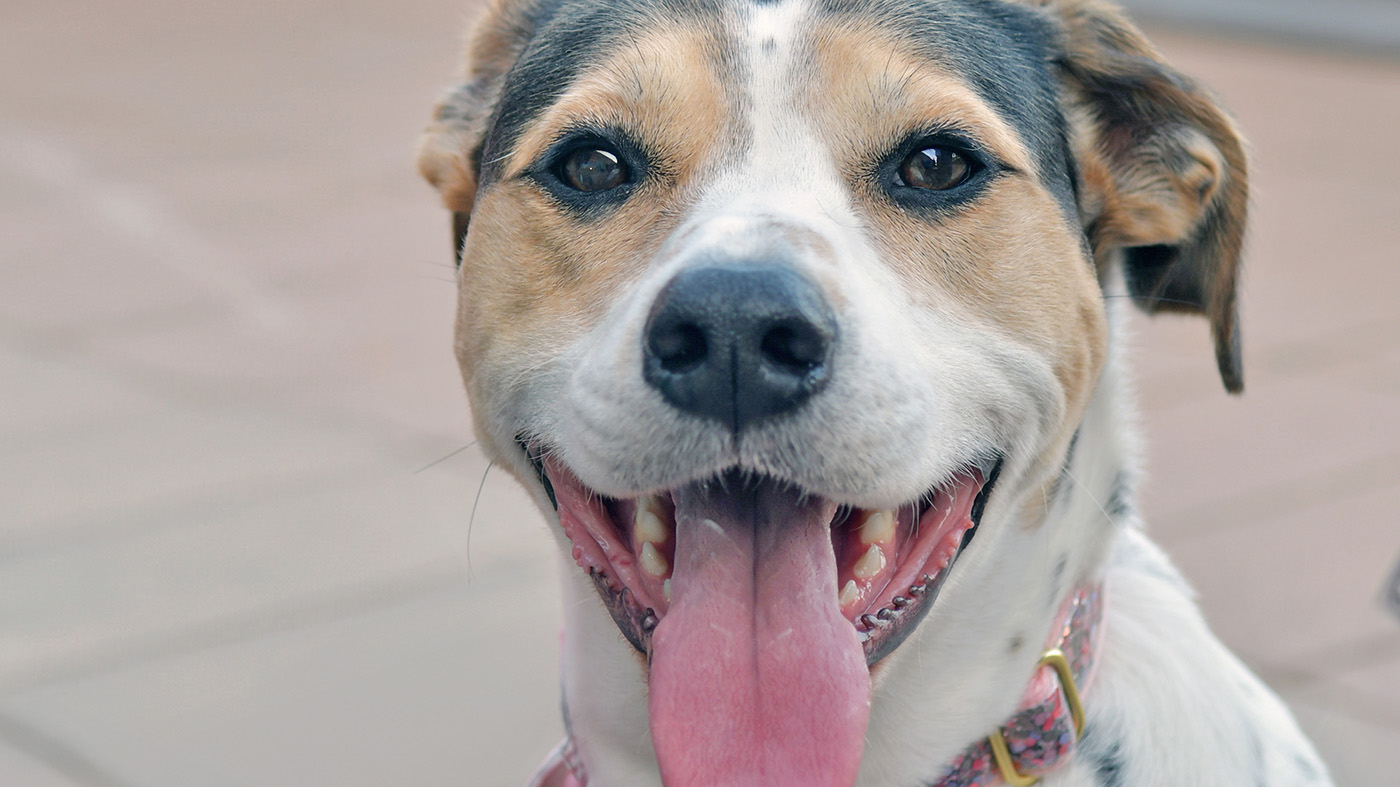
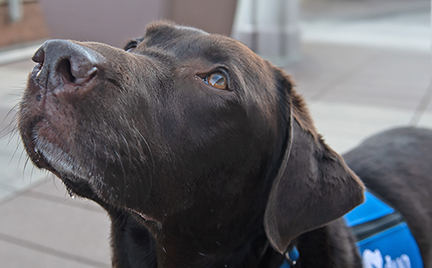

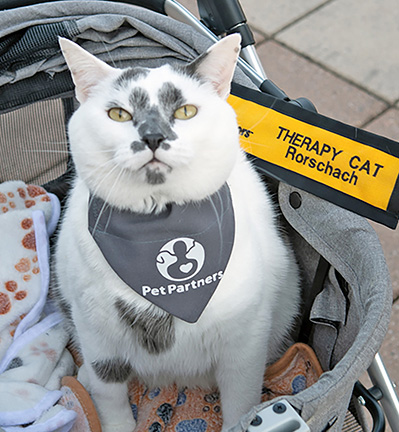

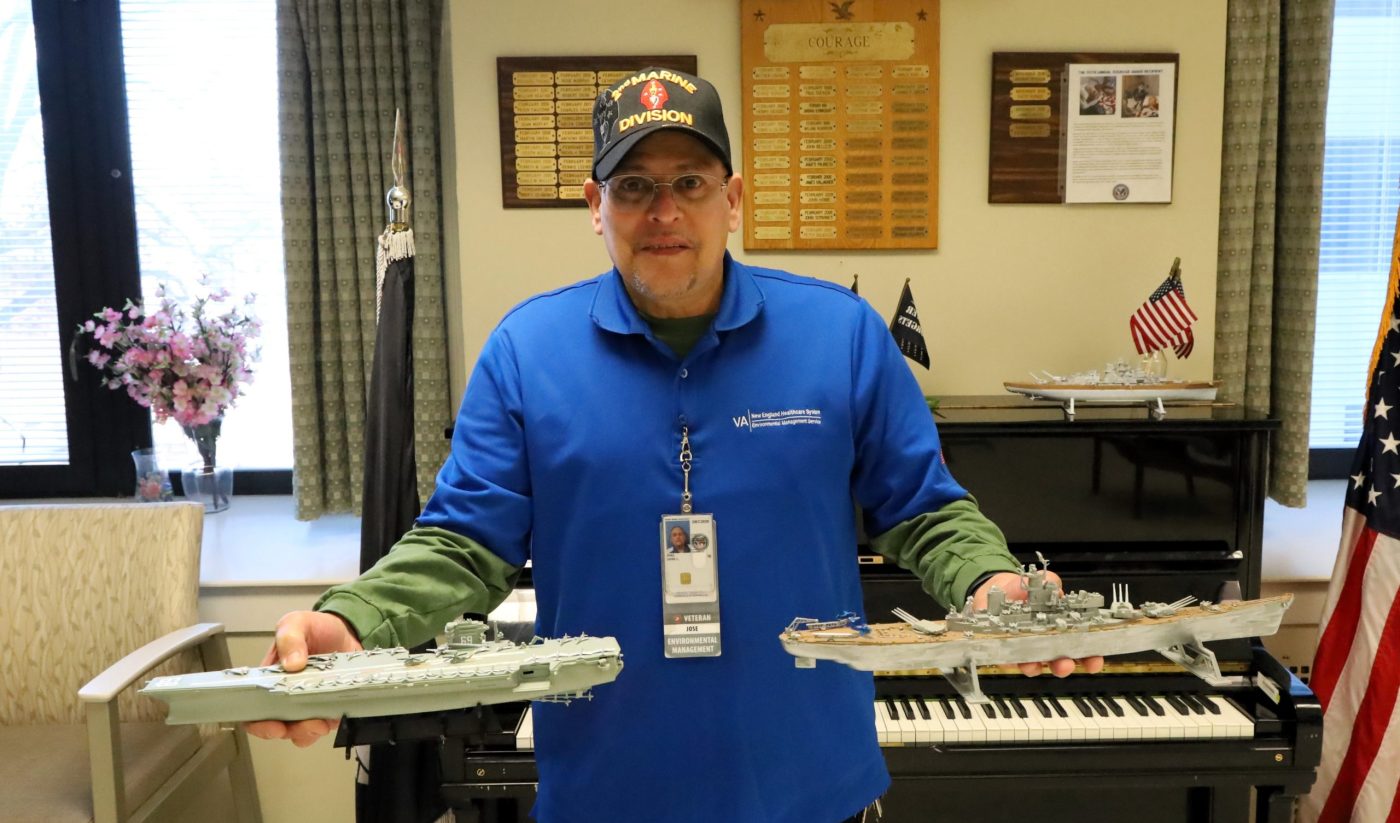
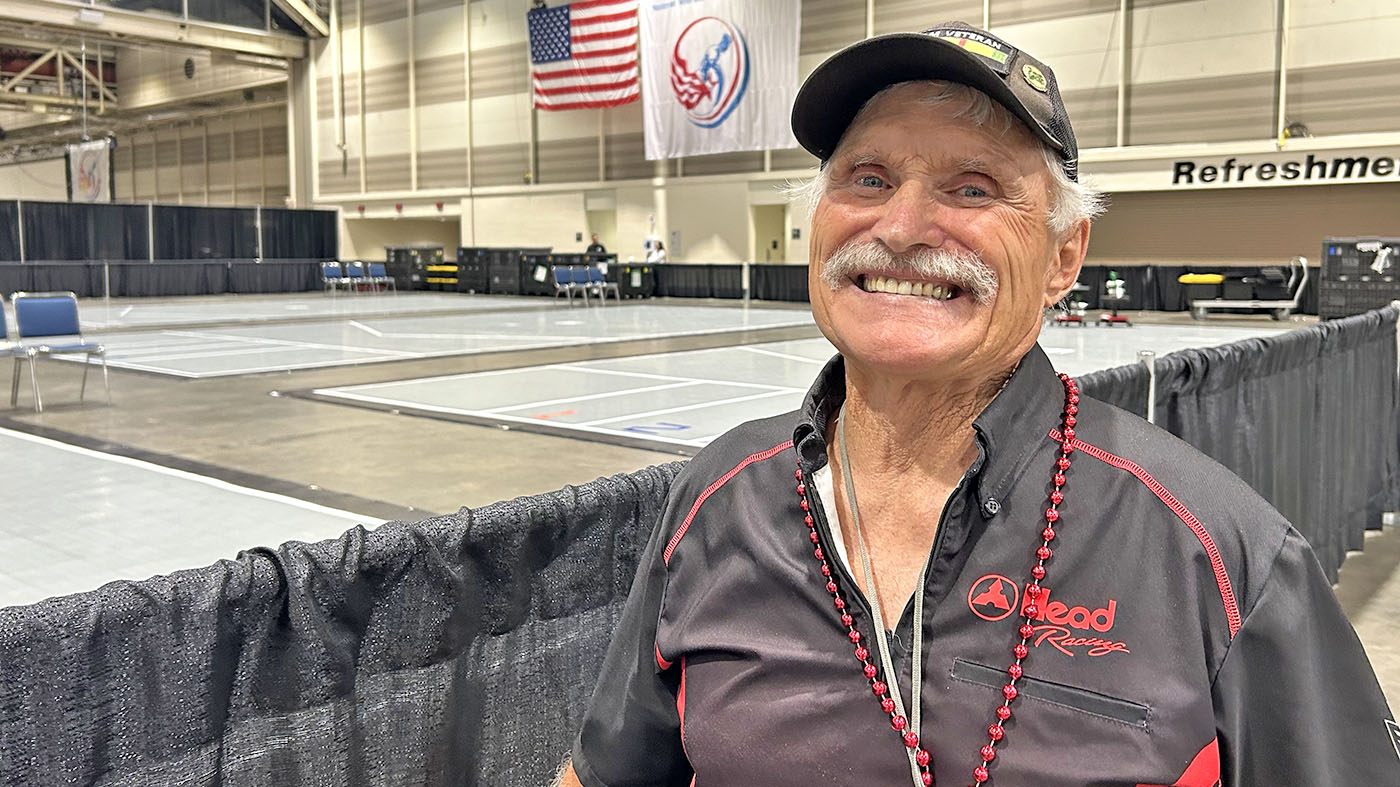


I am 100% disabled veteran. I have lived in rhis community for 20 years. My doctor suggested therapy animals. A bonded pair of cats was selected from my local animal shelter. The animal shelter accessed my court records and wanted explanations. On July 10, 2022, the Howard County police were 911 dispatched and I was falsely accused of trespassing. Small Miracles Howard County Md is not veteran friendly…and they made false police report!
What programs are offered to veterans to get their dog serviced trained